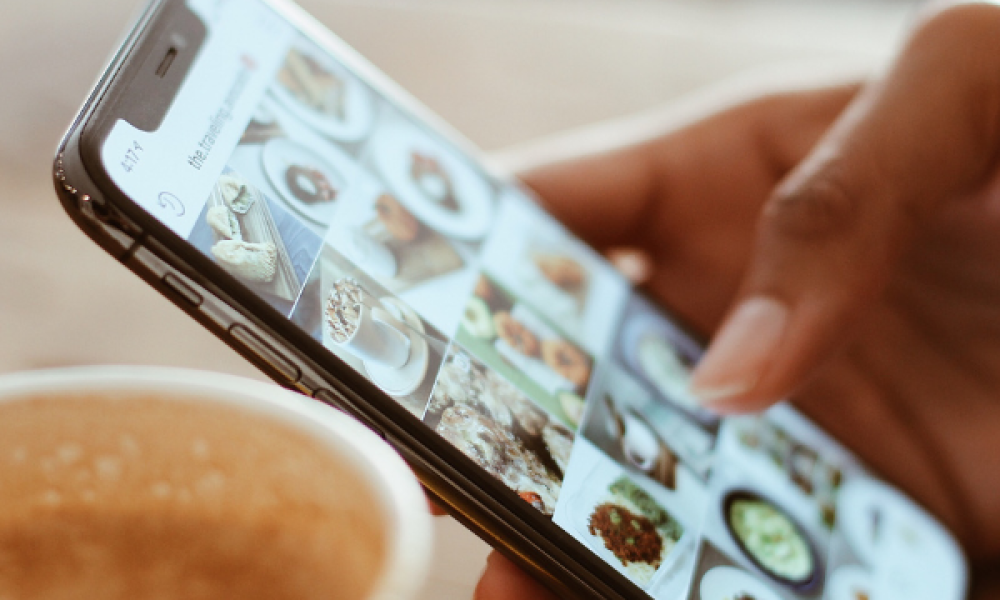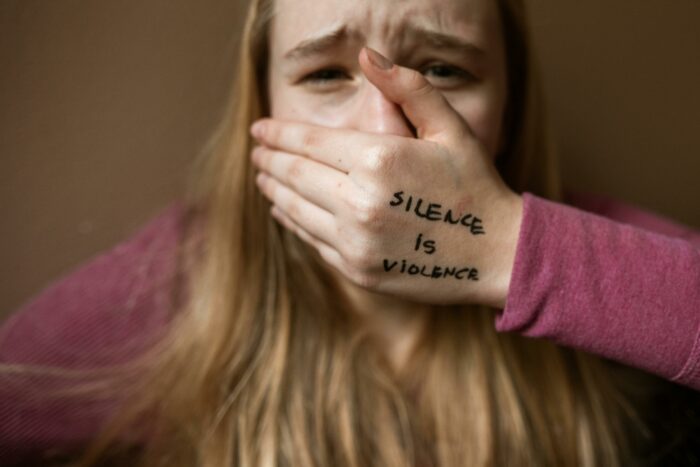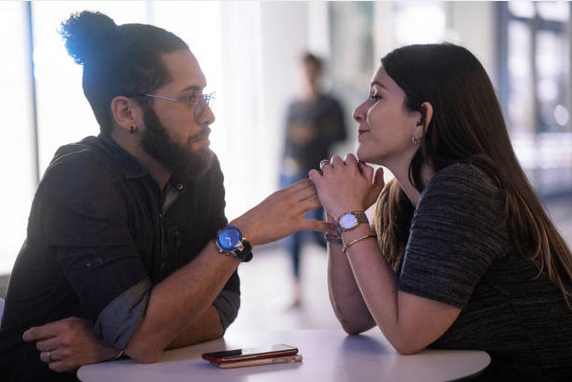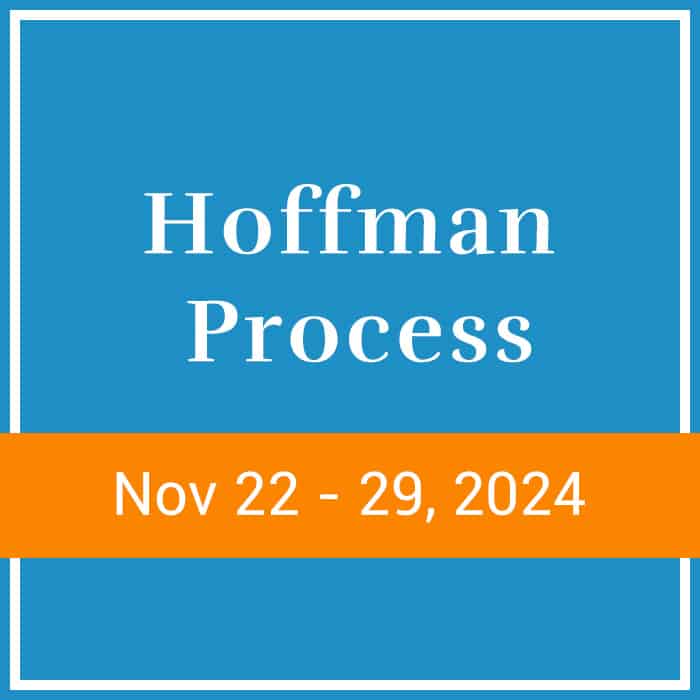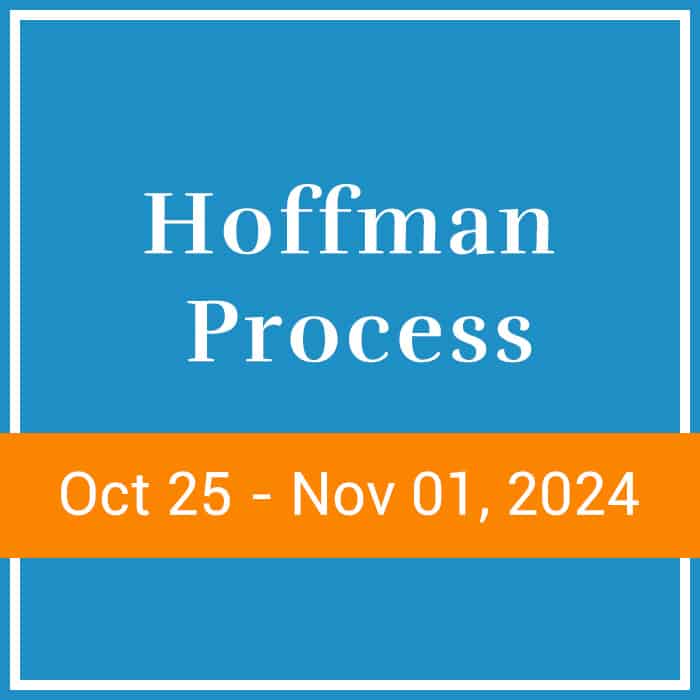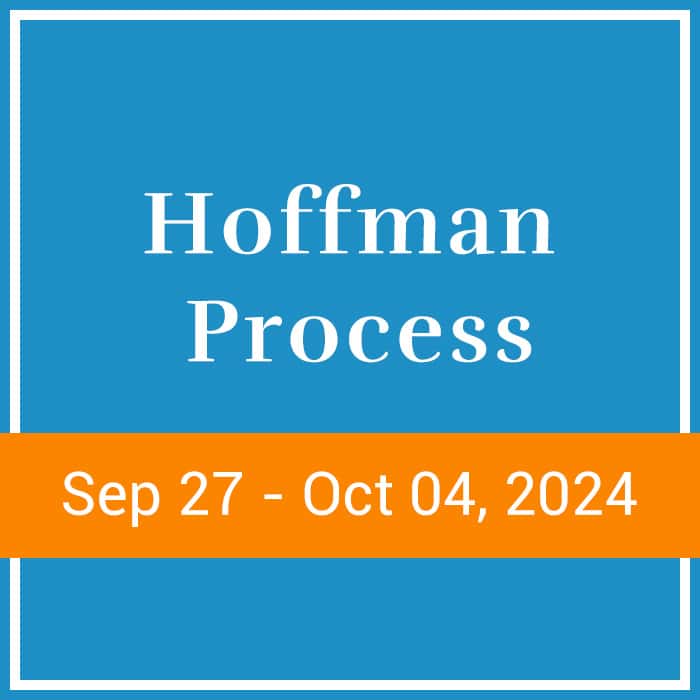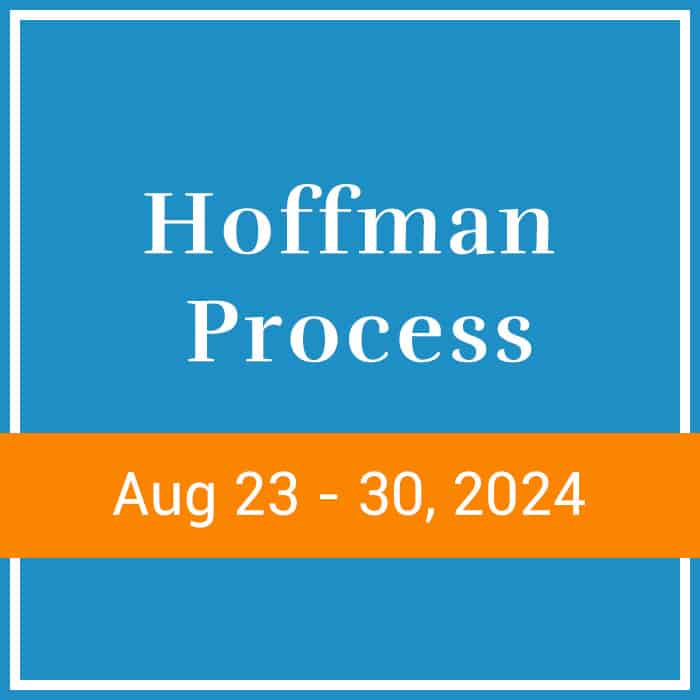The 3rd of March is the International Day of Unplugging, a 24-hour period in which participants are encouraged to disconnect from screens and other forms of virtual communication and reconnect with the world. This voluntary abstinence from social media, phone calls, texts, email, and other online noise is often referred to as a digital detox, a practice recommended by neuroscientists, mental health specialists, celebrities, and even us here at the Hoffman Process. In fact, digital detoxing is so important to us, that it’s built into the Process.
Digital Detox at the Hoffman Process
At the beginning of the Process, participants are asked to switch off their phones and other digital devices for the entirety of the retreat so they can be free from distractions and fully present to themselves and others. Friends and family can still reach them, but only in emergencies via Hoffman staff. Only parents of small children can phone home at designated times to check in. Other than these exceptions, screens are off limits.
And the positive effects of a digital detox are worth it. In this 2020 study, women who stopped using image-based platforms like Instagram reported significantly higher levels of life satisfaction and positive affect than women who kept using the platform. Another study on college students who underwent social media detoxes ranging from one to seven days found that most subjects reported positive changes in mood, better productivity, improved sleep, and reduced anxiety.
The connection between digital use and mental health
A recent study showed that active social media users were 2.7x more likely to be depressed. Research has shown us time and again how technology and its constant notifications steal our attention, interfering with our ability to turn inward. All great philosophers and thinkers would spend long hours in quiet contemplation, but now these sacred inner spaces have been invaded by endless updates, loud opinions, distorted facts, photoshopped images, and other digital noise flooding in at all hours.
Along with crowding our inner world, excess digital use also prevents us from fully experiencing the outer world. The nuances and intimacy of real-life interactions have been replaced by “likes” and comments and we’ve become reliant on them to feel worthy and valued. At the same time, we find ourselves comparing our looks and our lives to what we see on the screen, feeding our insecurities and filling our heads with self-limiting beliefs.
According to a 2020 review in Dialogues in Clinical Neuroscience, frequent technology use has also been linked to heightened attention-deficit symptoms, impaired emotional and social intelligence, technology addiction, social isolation, impaired brain development, and disrupted sleep in some cases.
How to do a digital detox at home
You don’t have to participate in the National Day of Unplugging to experience the benefits of a digital detox. Even making small adjustments to your digital habits can make a profound difference in how you think and feel. Here are some tips to try at home:
- Don’t look at your electronic devices last thing in the day and first thing in the morning.
- Do not use your phone whilst you’re eating. Even having the phone next to you on the table on silent will create a distraction and have detrimental effects on your physical and mental health.
- Keep your electronic devices out of the bedroom and put your phone on flight mode at night.
- When meeting with friends, consider putting your phones away to give each other your undivided attention.
- Designate screen-free zones at home where no electronic devices are allowed (like the dining room, bedroom, etc.)
- Install timers on your phones, tablets, and other devices to monitor how much time you’ve spent online.
- Each morning, give yourself a chunk of time before you switch on your devices. This allows you to have some sacred time to yourself before outside updates and demands trickle in.
Not ready for a digital detox? Give yourself permission to start small. This study published in the Journal of Social and Clinical Psychology found that limiting social media to 30 minutes a day can significantly improve one’s overall well-being.
Find out more about the Hoffman Process and explore event dates here, including the Love Code Weekend Workshop for Couples and The Retreat.
This article was contributed by Erica Garza. Follow @ericadgarza on Instagram
References
- www.stylist.co.uk/fitness-health/wellbeing/phone-addiction-digital-detox-neuroscience/698643
- www.health.clevelandclinic.org/digital-detox/
- www.mirror.co.uk/3am/celebrity-news/rita-ora-jade-thirlwall-lead-22632288
- www.liebertpub.com/doi/10.1089/cyber.2019.0400
- www.ncbi.nlm.nih.gov/pmc/articles/PMC7717533/
- www.paubox.com/resources/14-tj-walsh-were-finding-that-people-who-use-social-media-a-lot-are-about-2-7x-more-likely-to-be-depressed/
- www.ncbi.nlm.nih.gov/pmc/articles/PMC7366948/
- www.healthiertech.co/cell-phone-dinner-table/
- www.guilfordjournals.com/doi/abs/10.1521/jscp.2018.37.10.751

